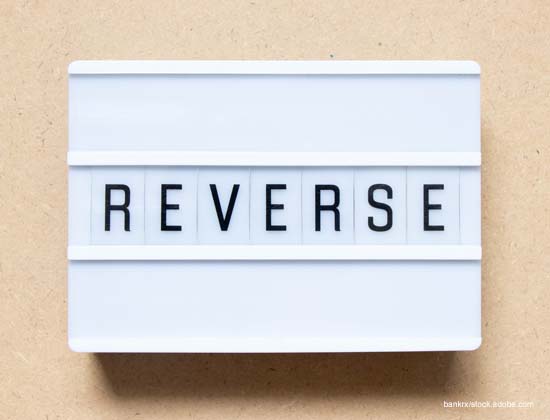A trucking company based in New Mexico is seeking a federal court’s intervention to overturn the Department of Labor’s (DOL) new rule on independent contractors that was implemented in March.
Colt & Joe Trucking, located in Albuquerque, has submitted a motion for summary judgment in a federal court in New Mexico, challenging the DOL’s criteria for classifying workers as independent contractors. The company aims for the court to annul the recently introduced definitions surrounding independent contractor status.
This lawsuit represents the second challenge against the new rule from a trucking company, following a similar legal action launched earlier this year by Frisard’s Transportation in a Louisiana federal court.
Both lawsuits assert that the new criteria set forth by the DOL are arbitrary and beyond the statutory authority granted to the department. Colt & Joe Trucking noted that the ambiguous nature of the new rule allows the DOL and litigators to classify virtually anyone providing services for another company as an “employee” in almost any situation.
Overview of the New Rule
In January, the DOL released its final rule, titled “Employee or Independent Contractor Classification Under the Fair Labor Standards Act.” The new regulation introduces a six-factor “economic reality test” to ascertain if a worker qualifies as an employee or an independent contractor under the Fair Labor Standards Act (FLSA). The factors include:
- Potential for profit or loss relative to managerial abilities
- Investments made by both the worker and the employer
- Stability of the work relationship
- Degree of control exerted
- Skills and initiative of the worker
- Integration of the work performed into the employer’s business
The DOL specifies that all these factors should be evaluated collectively, and no single factor is definitive.
Shift from Previous Rules
This new economic reality test marks a significant shift from the 2021 independent contractor regulations, which had a more streamlined approach focusing primarily on two main considerations. The prior federal guidelines mainly examined:
- Opportunity for profit or loss
- Nature and degree of control
- Stability of the relationship
- Integration within an overarching production unit
- Required skill level
Under the prior rules, the first two factors were viewed as primary determiners, while the remaining aspects served as secondary considerations.
Legal Challenges and Implications
The lawsuits filed by the trucking companies argue that the new regulations contradict prior legal precedents. The plaintiffs claim that the prior rule provided a straightforward, objective standard, while the new guidelines blur the lines between independent contractors and employees, placing businesses like Colt & Joe Trucking at risk of FLSA liability.
The trucking companies contend that the 2021 guidelines informed their hiring practices, and the shift could inflict significant economic damage by retroactively categorizing owner-operators as employees.
Authority of Acting Secretary Julie Su
Colt & Joe Trucking further argues that the court should invalidate the new rule because Acting Secretary Julie Su lacked the authority to implement it. Following the resignation of former Secretary Marty Walsh in February 2023, President Biden nominated Su for the position. However, her nomination has yet to be confirmed, leading to questions about her legitimacy in issuing new regulations.
The lawsuit emphasizes that Su has exceeded the allowable time serving as Acting Secretary without Senate confirmation, and critics note her previous association with California’s AB5 law, which complicates independent contractor classifications.
Next Steps in Litigation
The ongoing litigation from Frisard’s Transportation and Colt & Joe Trucking is at different points, with the new rule poised for potential review by the Supreme Court. Colt & Joe Trucking submitted its motion for summary judgment recently, and the DOL still has to respond before Judge Kea W. Riggs renders a decision.
In a separate case, Judge Eldon E. Fallon denied the request for a preliminary injunction against the independent contractor rule in Louisiana, and that decision is under appeal in the Fifth Circuit. Additional federal lawsuits challenging the new rule have been filed by freelance writers and various business organizations, with pending motions for summary judgment. Any significant rulings are likely to be appealed, potentially leading to Supreme Court review.


